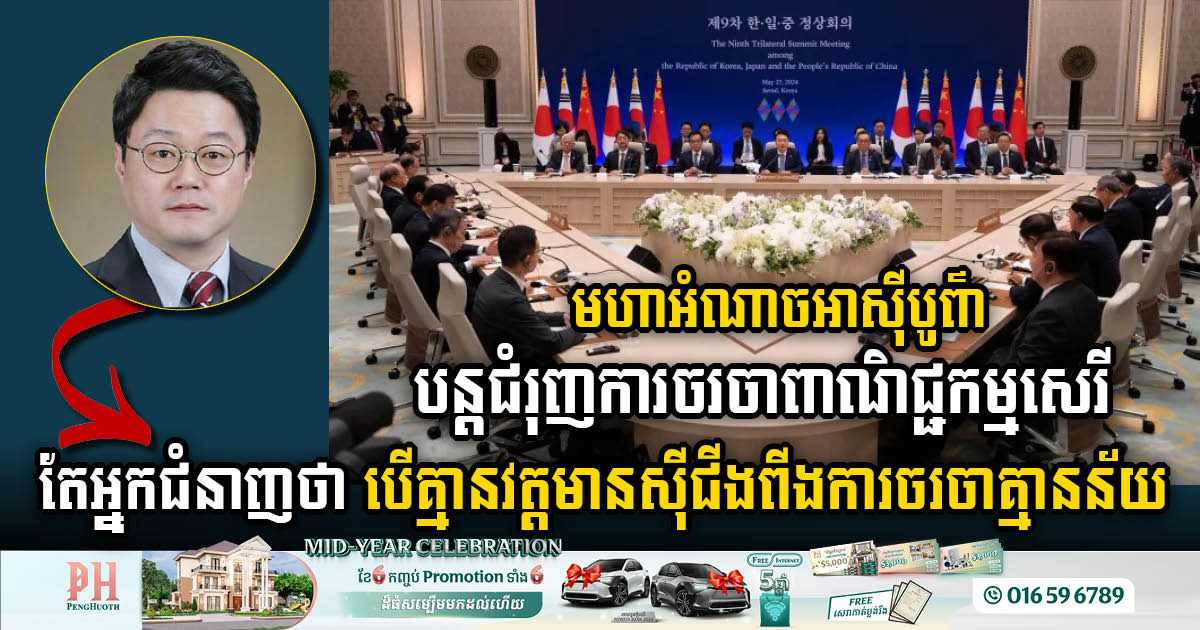Real Estate Ranks Third of Receiving Large FDI Sources as of 2023
As of 2023, foreign direct investment (FDI) in Cambodia reached 197.8 trillion KHR (US$ 48.4 billion), an increase of 7.9% over the previous year. The inflow of investment was invested into major sectors of the economy, including financial activities, manufacturing, real estate, accommodation, agriculture, energy, and construction. The report shows that the real estate sector […]
Cambodia and Singapore Launch FTC to Boost Cross-Border Financial Services
Cambodia and Singapore have launched the Financial Transparency Corridor (FTC) project to facilitate financing for small and medium enterprises (SMEs) in both countries. The initiative, announced by the National Bank of Cambodia on 18 June 2024, aims to enhance bilateral trade and investment activities by streamlining cross-border financial services. The FTC serves as a digital […]
Cambodia Introduces Tax Incentives to Integrate Informal Enterprises into the Formal Economy
The Cambodian government has announced new tax incentives aimed at formalising the informal economy, targeting micro, small, and medium enterprises (MSMEs) in specific sectors. According to Sub-Decree No. 113, dated 21 May 2024, these incentives apply to businesses in wholesale, retail, and repair; accommodation and food services; craft; and agricultural communities, encouraging them to voluntarily […]
China Boosts Exports to 7.6% in May Amidst US, Europe Tightening Chinese Import Tariffs
China’s exports jumped by 7.6% year-on-year in May, providing a crucial boost to the world’s second-largest economy amid ongoing property market woes and subdued domestic demand. This significant rise, reported by the country’s customs office on Friday, outpaced April’s 1.5% increase and exceeded economists’ expectations of a 6.0% growth, according to Nikkei Asia on 7 […]
EU Cracks Down on Unsustainable Supply Chains with Landmark Directive
The European Union (EU) has taken a significant step towards promoting ethical and sustainable practices in global supply chains with the adoption of a new directive on corporate due diligence. This legislation, applicable to large companies within the EU, mandates stricter accountability for environmental and human rights issues throughout their operations and supply networks, according […]
Dubai Issues Golden Visa: A Luxury House Costs US$24m, Still Cheap for Chinese Buyers
Dubai’s Booming Market and Golden Visa Scheme Lure Investors from Mainland China and Hong Kong Fuelled by a thriving real estate market and a fast-track residency program, Dubai is rapidly becoming a top destination for property investors from mainland China and Hong Kong, according to industry experts. This shift in investor focus comes after years […]



 ខ្មែរ
ខ្មែរ







